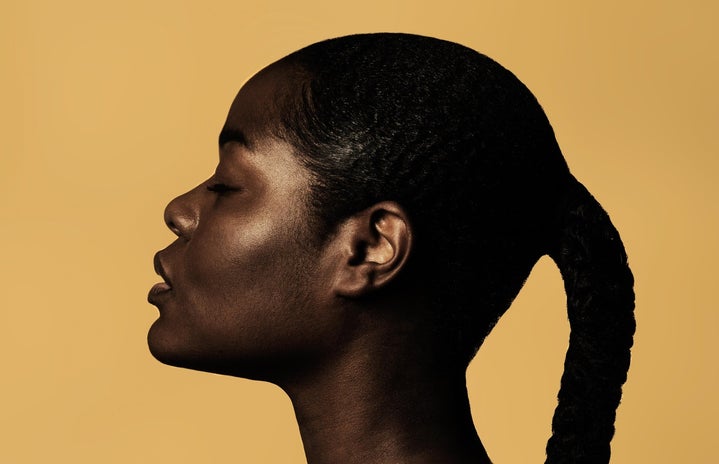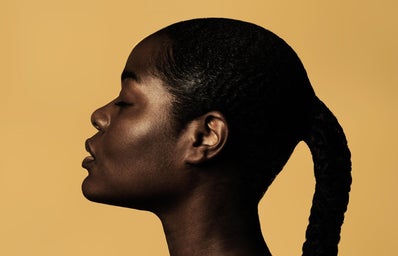The Black Lives Matter movement has allowed people to get closer to their roots as well as each other within the black community. But one thing that has become more prevalent within the media affecting the black entertainment business, the social environment in the African American community and the mindset of a black person starting at a very young age is colorism. Black people often identify each other by their skin complexion. They refer to each other as light skin or dark skin to depict their standards of attractiveness. This is exercised among black people themselves as well as throughout society. They deal with racism and discrimination on a regular day basis from society, but in addition to that, they express colorism within their own community, which causes more harm and hate.
The media has made it evident that being attractive as a black woman means having curves, a small waist, loose, curly hair and light skin. Exotic features constitute the highest beauty standard. In most recent years, I can definitely attest and say melanin has become more popular in social media, but society still carries the light skin standards that surround every Black girl’s mind. Many people look to the media as something to look to when needing a blueprint for beauty standards in society. Growing up in America as a Black woman, but also a Somali woman, has allowed me to see colorism from both cultural aspects. Colorism is seen as a beauty standard in a lot of countries to the point where many women bleach their skin as a cultural practice to receive a lighter complexion. Instead of being taught to love my skin color, I saw from both my environment and my cultural roots that a woman is more beautiful, the lighter she is.

Skin complexion doesn’t only affect beauty standards but also affects every aspect of a Black person’s life. This includes education, receiving a job and basic treatment in society. The existence of a wage gap linked to skin color is shown through research and widens as the shade of the worker darkens. In the job field, lighter skin employees often receive better treatment as well. Educational institutions also discriminate against darker-skinned people and offer benefits to lighter-skinned applicants. This is something that many people don’t realize is consistent within Black people themselves. It needs to become known that creating this self-infliction continuously in the Black community is negatively impacting and unnecessary.
Being knowledgeable on this subject, I feel like is extremely important as a Black person so we can realize that causing more harm within our community is only hurting ourselves. This should be taught at a young age so that children don’t have to grow up carrying this standard. Many Black kids are taught to be mature and grow up faster compared to white children. This is a problem in the United States, but we must adapt to teaching that skin complexion should not be used as a treatment method or a beauty standard. Once that is established, society will follow.



